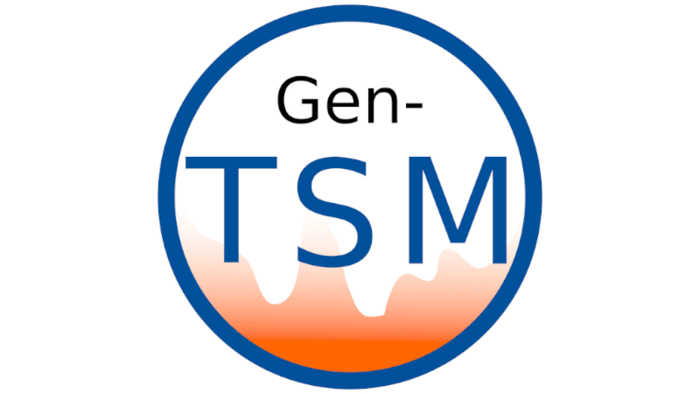


Generalized Time-separated Stochastic Mechanics
Efficient prediction of the stochastic behaviour of components.
The aim of the Gen-TSM project is to efficiently take into account natural fluctuations in material parameters in numerical simulations. To this end, the project is being funded by the European Research Council as part of a Consolidator Grant.
Generalized Time-separated Stochastic Mechanics
Efficient prediction of the stochastic behaviour of components.
The aim of the Gen-TSM project is to efficiently take into account natural fluctuations in material parameters in numerical simulations. To this end, the project is being funded by the European Research Council as part of a Consolidator Grant.
Research question
Random fluctuations are an unavoidable aspect of all physical measurements and all production processes. For example, it is not completely clear at exactly which mechanical stress a material will fail or at exactly which point which force will act on a component. In engineering calculations, this randomness is usually compensated for by safety factors: Loads are assumed to be too high, maintenance intervals are deliberately set too early. This increases component and production reliability, but at the expense of low resource efficiency.
Goals
The aim of the funded project ‘Gen-TSM’ (Generalised Time-separated Stochastic Mechanics) is to efficiently take into account the measured fluctuations in the material parameters and boundary conditions in numerical simulations. Through a novel representation of all essential variables in stochastic space, a method is to be developed by which the mathematical models are converted into a form whose numerical solution requires only extremely little additional effort compared to deterministic models. In combination with an automation of the derivation of TSM versions of existing deterministic models based on symbolic calculation methods, a general approach is to be developed to efficiently simulate and predict the stochastic behaviour of components and processes. This opens up even greater sustainability in mechanical engineering with reduced costs and increased reliability.
Funding from the European Research Council
The Gen-TSM project has received funding of around €2 million from the European Research Council (ERC) as part of the European Union's Horizon Europe research and innovation programme for the period 2024-2029.
The ERC grants are considered an accolade in the European scientific community due to the tough selection process. Important selection criteria are the visionary nature of the research questions and the excellent achievements of the applicants to date.
Funded by the European Union (ERC, Gen-TSM, project number 101124463). Views and opinions expressed are however those of the author(s) only and do not necessarily reflect those of the European Union or the European Research Council Executive Agency. Neither the European Union nor the granting authority can be held responsible for them.







![[Translate to English:]](/fileadmin/_processed_/a/9/csm_Kinat_88c34f58b1.jpg)
![[Translate to English:]](/fileadmin/_processed_/2/1/csm_Mueller_d02639b587.jpg)


